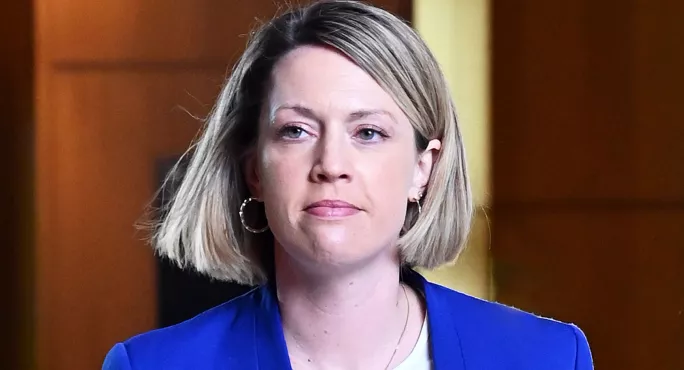Education secretary told teaching has become ‘unsafe and abusive’

A Scottish secondary teacher today told the education secretary that for the first time in a career spanning over 25 years she is regularly using the words “unsafe and abusive” to describe her job.
Earlier in the day - on the first day of the Scottish Secondary Teachers’ Association annual congress, which is taking place in Crieff - Louisa Maestranzi, an art and design teacher from Ayrshire, also said that it had become the norm to be sworn at, with teachers told “every day, if not two or three times a day” to “F-off”.
And Ms Maestranzi was not the only teacher at congress to raise the issue.
The first day of the SSTA congress was dominated by concerns about pupil behaviour - as well as the use of an unproven “mixed bag of interventions” to deal with it and the lack of training for teachers in the strategies they might deploy.
- Related: Secondary teachers ‘more stressed than ever’ about behaviour
- News: School nurture approaches could ‘mask’ behaviour issues, union says
- Long read: What’s behind Scotland’s ‘behaviour emergency’?
In her address to congress, SSTA president Catherine Nicol said educators in secondary schools had been “hit by a tidal wave of distressed behaviours”.
She said that pupils would “refuse point blank to engage in even the simplest of tasks” like sitting in their allocated seats; that “a critical mass of class members are downright rude to staff and each other”; and that “disrespect and selfishness are the order of the day”.
She said in many schools, teachers are faced with “torrents of verbal abuse during lessons” and that the number of violent incidents reported is increasing.
“There is an increasing sense that classrooms are not safe learning spaces for staff or pupils,” she said.
Responding to Ms Maestranzi - who asked what steps the education secretary was going to take to protect teachers - Ms Gilruth, who addressed congress this afternoon, said: “There is no place in our schools for violent behaviour.”
She acknowledged “there are real challenges in our schools at the current time” and there had been “a shift in behaviour” - although she questioned if the extreme incidents reported in the press represented the “whole picture”.
She said that poor behaviour impacted learning and teaching and “the way you are able to deliver course content”, and that the government would be publishing relationship and behaviour research later this year which would give “the national picture”.
She also said that Education Scotland had carried out a review of how bullying in school is monitored that had flagged issues with reporting and that the next stage of their work would be to disseminate good practice.
However, when asked later by Tes Scotland if she would be providing schools with additional resources to deal with the rise in challenging behaviour, Ms Gilruth said: “There is an assumption that staffing is going to solve this and I just don’t think it is. We need to think about those partners. It’s not just about schools - we expect schools to do so much. We need to think about social work and about these wider partnerships that can feed into schools.
“We’ve got more teachers in our schools than we have ever had, I think, since the 1980s so I’m not necessarily sure it’s always about more teachers. I think it’s about that specialist support and wraparound provision from wider partners.”
But Ms Maestranzi disagreed - when you had issues of internal truancy and pupils wandering the corridors you needed people able to “get them back to a classroom and support them to stay there”.
She told Tes Scotland: “You can’t do it because you are teaching a class; deputes can’t do it because they are meeting a parent. We have not got the people present in the school to actually do the small, regular behaviour support. It’s not having a go at the kids. It’s constantly nurturing and encouraging them like a parent - but we know being a parent takes a lot of time and energy.”
Register with Tes and you can read two free articles every month plus you'll have access to our range of award-winning newsletters.
Keep reading with our special offer!
You’ve reached your limit of free articles this month.
- Unlimited access to all Tes magazine content
- Save your favourite articles and gift them to your colleagues
- Exclusive subscriber-only stories
- Over 200,000 archived articles
- Unlimited access to all Tes magazine content
- Save your favourite articles and gift them to your colleagues
- Exclusive subscriber-only stories
- Over 200,000 archived articles
topics in this article



